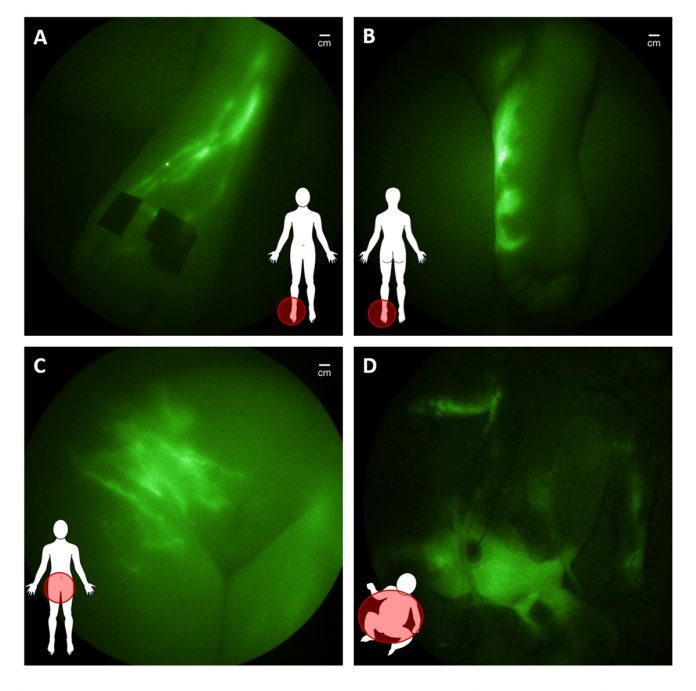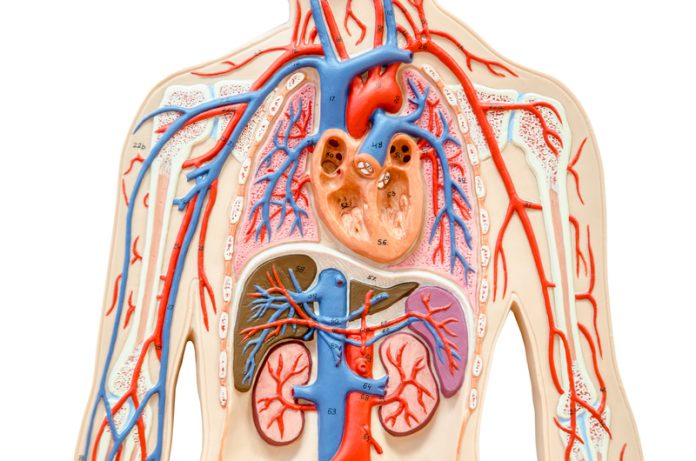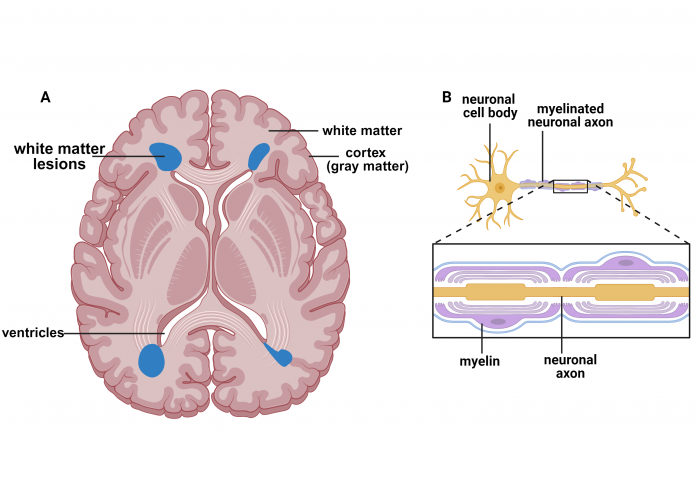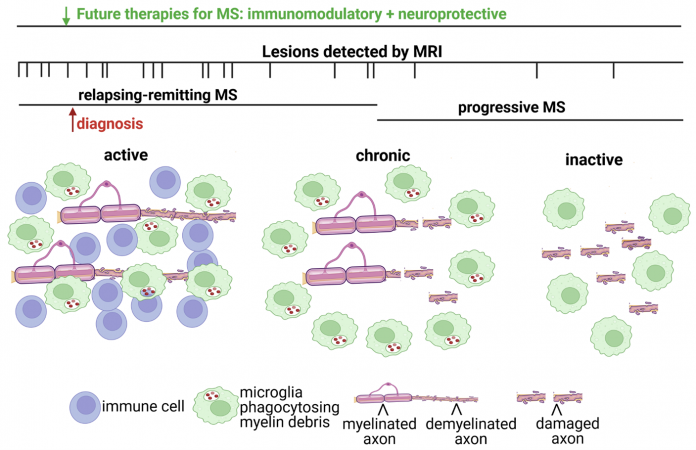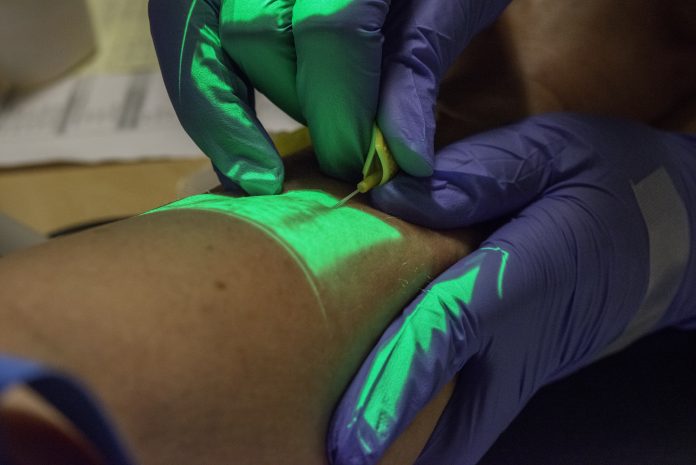Home Search
autoimmune disease - search results
If you're not happy with the results, please do another search
The role of TXNIP in mitochondrial-lysosomal axis dysregulation
Lalit P. Singh, Associate Professor at Wayne State University School of Medicine, explains the role of TXNIP in mitochondrial-lysosomal axis dysregulation in diabetic retinopathy.
Addressing gaps in systemic lupus erythematosus management
Lupus is on the rise, yet awareness of the disease remains relatively low. However, efforts are underway to tackle existing gaps in managing the condition, as we discover here.
Research reveals masterswitch in body’s immune system
Scientists have discovered a critical masterswitch in the body’s immune system with potentially major implications for the treatment of some of the most devastating diseases affecting humans.
Ending the stigmatisation of diabetes
Liam Sartorius, Founder at Rebelfit argues the case for ending the stigmatisation of diabetes, including the mental health aspect in this vein
Diabetic retinopathy research and thioredoxin-interacting protein (TXNIP)
When it comes to the field of diabetic retinopathy research, Dr Lalit Pukhrambam at Wayne State University is exploring ways to prevent blinding eye diseases due to diabetes by targeting a protein called thioredoxin-interacting protein (TXNIP). Gene therapy is, therefore, a promising option
Non-radioactive, non-ionising radiation for safe paediatric imaging
E.M. Sevick and J.C. Rasmussen from The University of Texas Health Science Center, The Brown Foundation Institute of Molecular Medicine discuss non-radioactive, non-ionising radiation for safe, paediatric imaging
Cannabis: One of the most thoroughly studied plants ever
David Bearman, M.D., Executive VP of the American Academy of Cannabinoid Medicine details the research priorities for cannabis, one of the most thoroughly studied plants of all time
Membranous nephropathy and how can it be identified and treated
The National Kidney Foundation analyses the causes of membranous nephropathy and the science available to identify and treat it
On Target Laboratories – Image guided surgery
What is image-guided surgery?
The focus of On Target Laboratories is the discovery and development of small molecules that, when conjugated with fluorescent dyes, target and illuminate specific cancerous cells and other diseased tissue. This illumination may provide the surgeon with a clearer view of diseased tissue, creating another decision-making...
CECAD: Interplay between immunity and metabolism
Immunity can be defined as the ability of an organism to defend itself against invading microbes (bacteria, fungi and viruses) and the cells of its own origin which show abnormalities (e.g. cancerous cells).
Systems medicine approaches in dermatology
Although a small field in medicine, dermatological diseases are very frequent and span a wide range of illnesses such as allergies, inflammation (e.g. atopic dermatitis, psoriasis), autoimmune diseases or malignancies (e.g. melanoma). Thus, translational dermatological research is an important, innovative field for future basic and clinical research for many...
Should the wider population be paying attention to their blood sugar levels?
Diabetes represents a huge burden on health systems and sufferers, but accurately monitoring blood sugar levels could help people to take control of their health before more serious issues come to light.
What is the link between white matter lesions and neurodegeneration?
Tara M. DeSilva from the Department of Neurosciences, Cleveland Clinic, examines the link between white matter lesions and neurodegeneration.
Early signs of multiple sclerosis: Is there a mental health connection?
Research from the University of British Columbia sheds light on early signs of multiple sclerosis (M.S.) linking to mental health.
Targeting the central nervous system: The future of therapeutic strategies for MS
Tara M. DeSilva from the Department of Neurosciences, Cleveland Clinic, looks at the future of therapeutic strategies for MS, focusing on targeting the central nervous system.
Understanding immune mechanisms to create novel treatments for primary biliary cholangitis
Professor Channakeshava S Umeshappa from Dalhousie University discusses the burden of primary biliary cholangitis and how understanding immune mechanisms may help to treat it.
Study finds biomarker for early multiple sclerosis diagnosis
Researchers have discovered that measuring retinal layer thickness can significantly improve the diagnosis of multiple sclerosis (MS).
The next frontier in anti-cancer drugs
Dr Anthony J. Berdis, Case Comprehensive Cancer Center discusses the future of cancer treatments and anti-cancer drugs.
Technology and advanced algorithms to transform diabetes management
Dr Amparo Güemes, an award-recognised woman in science and engineering, describes her research for an efficient closed-loop system for diabetes management,
Poverty, abuse, divorce and more can influence multiple sclerosis attacks
Life stressors including poverty, abuse and divorce can influence multiple sclerosis attacks and flare-ups – leading to worse health outcomes.







